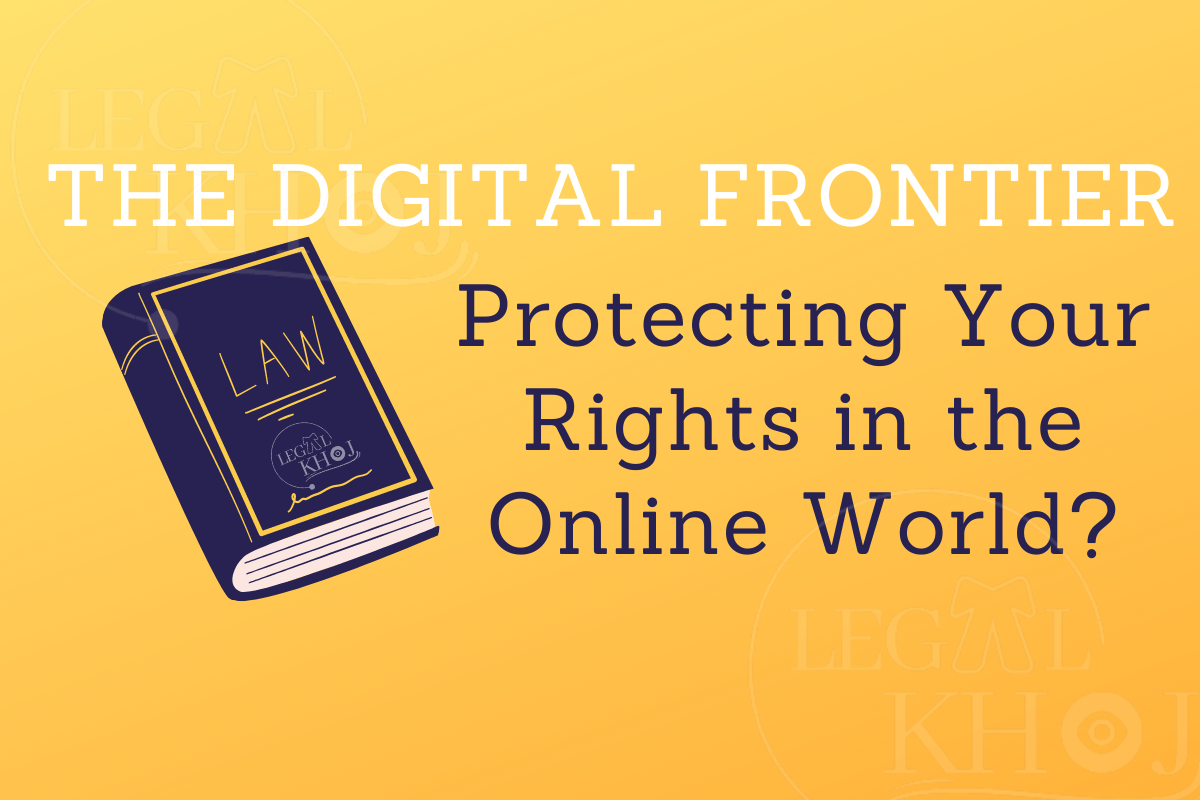The digital frontier is an ever-evolving landscape that has revolutionised the way we
communicate, share information, and conduct business. However, with the rapid growth of
the internet, protecting one’s rights in this online world has become increasingly
challenging.
One of the primary concerns for individuals is the protection of their personal data. In the
digital age, personal information can easily be collected, shared, and misused by
companies and governments. To address this issue, many countries have enacted data
protection laws such as the European Union’s General Data Protection Regulation (GDPR) and the California Consumer Privacy Act (CCPA). These laws provide individuals with the right to know what information is being collected about them, the right to have that information deleted, and the right to control who it is shared with.
Another issue in the digital frontier is the protection of intellectual property rights. This includes ensuring that creators of original content, such as music, movies, and books, are fairly compensated for their work. In the digital world, it is easy to copy and distribute content without permission, leading to widespread piracy. To address this, laws such as the Digital Millennium Copyright Act (DMCA) in the United States and the EU Copyright Directive have been enacted to protect the rights of creators and ensure they are fairly compensated.
Another concern in the digital world is the protection of freedom of speech and expression.
The internet has provided a platform for individuals to express their opinions and ideas, but
this freedom is not absolute.
In some cases, governments and corporations may seek to restrict or limit speech that they deem harmful or offensive. This has led to debates about the balance between free speech and censorship, with many advocating for stronger protections for free speech online.
One of the biggest challenges in protecting rights in the digital world is the lack of clear
jurisdiction. The internet is global in nature, and the laws governing it vary from country to
country. This can create confusion and make it difficult to determine who is responsible for protecting an individual’s rights online. To address this, international organizations and
governments are working to develop a unified set of laws and regulations to govern the
internet.
Another challenge in the digital frontier is ensuring access to the internet for all individuals.
While the internet has brought many benefits, not everyone has access to it, particularly in
developing countries. This digital divide exacerbates existing inequalities and limits
opportunities for those who are not connected. Governments, organizations, and private
companies are working to bridge this divide and ensure that everyone has access to the
benefits of the internet.
In conclusion, the digital frontier presents both opportunities and challenges for
individuals. To fully realize the benefits of the internet and protect their rights, individuals
must be aware of the issues and challenges in the digital world and advocate for strong
laws and regulations that safeguard their rights and freedoms. This includes the protection
of personal data, intellectual property rights, freedom of speech and expression, and
access to the internet for all. As the digital frontier continues to evolve, it is critical that we
remain vigilant and continue to work towards a more equitable and secure online world.
Data Privacy to Cybercrime: Understanding the Laws of tInternet









Leave a Reply